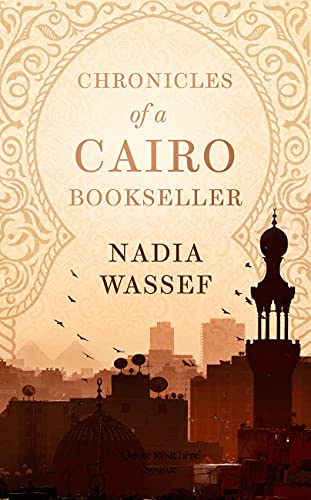
Chronicles of a Cairo Bookseller

Bookstores are both private and public spaces, in which we escape the world and also participate in it more fully.
Nadia Wassef • Chronicles of a Cairo Bookseller
Third places are locations for community building, which, by his definition, include cafés, like ours. In Egypt, men had their mosques, barbershops, and the ahwa—coffee shops where they smoked sheesha, played backgammon and dominoes, listened to the radio, and watched the television and the world go by. Young men had their sports clubs. Women had
... See moreNadia Wassef • Chronicles of a Cairo Bookseller
The “public sphere,” a spatial and theoretical concept introduced by the German philosopher Jürgen Habermas, was in transition. Habermas’s public sphere describes the social arenas in which people gather to share ideas, where private individuals enter into a collective.
Nadia Wassef • Chronicles of a Cairo Bookseller
“Someone with two mindsets is a liar,” he said, quoting a popular saying to terminate our discussion.
Nadia Wassef • Chronicles of a Cairo Bookseller
I never really knew of Hind’s plans until after she’d succeeded in them. We both shared a belief that doing preceded talking.
Nadia Wassef • Chronicles of a Cairo Bookseller
she discovered that few locally printed book jackets carried ISBNs (an International Standard Book Number identifies every published book). In Egypt, ISBNs were generated one at a time by national libraries, which granted approval only to titles that didn’t antagonize the prevailing government. Independent publishers creatively evaded censorship by
... See moreNadia Wassef • Chronicles of a Cairo Bookseller
Diwan was my love letter to Egypt. It was part of, and fueled, my search for myself, my Cairo, my country.
Nadia Wassef • Chronicles of a Cairo Bookseller
Zamalek, a neighborhood on an island in a river surrounded by a desert: